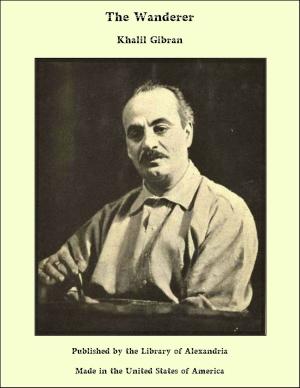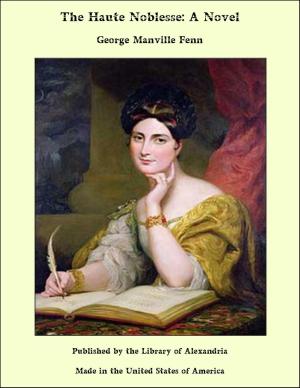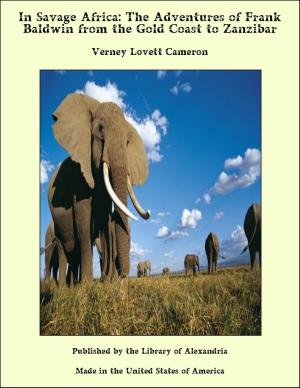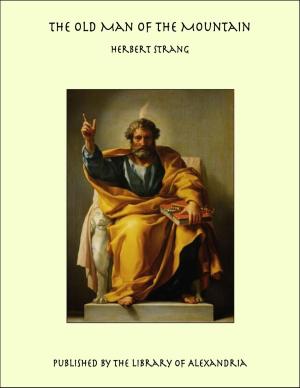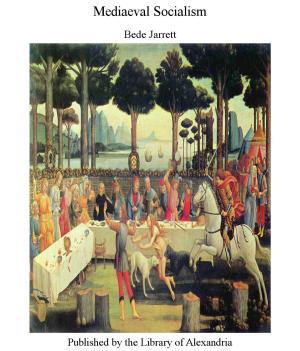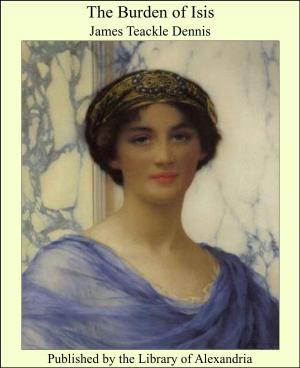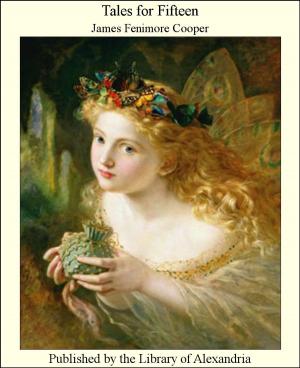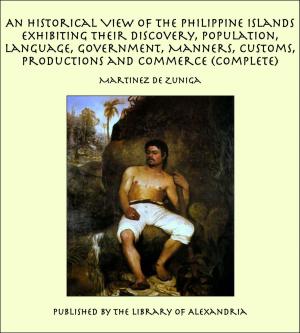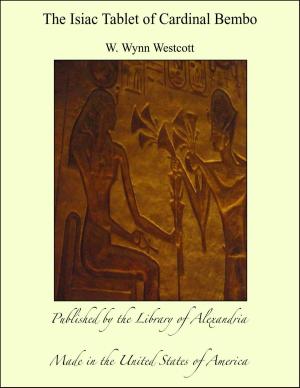Our Revolution: Essays on Working-Class and International Revolution, 1904-1917
Nonfiction, Religion & Spirituality, New Age, History, Fiction & Literature| Author: | Leon Davidovich Trotzky | ISBN: | 9781465584571 |
| Publisher: | Library of Alexandria | Publication: | March 8, 2015 |
| Imprint: | Language: | English |
| Author: | Leon Davidovich Trotzky |
| ISBN: | 9781465584571 |
| Publisher: | Library of Alexandria |
| Publication: | March 8, 2015 |
| Imprint: | |
| Language: | English |
The world has not known us Russian revolutionists. The world has sympathized with us; the world abroad has given aid and comfort to our refugees; the world, at times, even admired us; yet the world has not known us. Friends of freedom in Europe and America were keenly anxious to see the victory of our cause; they watched our successes and our defeats with breathless interest; yet they were concerned with material results. Our views, our party affiliations, our factional divisions, our theoretical gropings, our ideological constructions, to us the leading lights in our revolutionary struggles, were foreign to the world. All this was supposed to be an internal Russian affair. The Revolution has now ceased to be an internal Russian affair. It has become of world-wide import. It has started to influence governments and peoples. What was not long ago a theoretical dispute between two "underground" revolutionary circles, has grown into a concrete historical power determining the fate of nations. What was the individual conception of individual revolutionary leaders is now ruling millions. The world is now vitally interested in understanding Russia, in learning the history of our Revolution which is the history of the great Russian nation for the last fifty years. This involves, however, knowing not only events, but also the development of thoughts, of aims, of ideas that underlie and direct events; gaining an insight into the immense volume of intellectual work which recent decades have accumulated in revolutionary Russia. We have selected Leon Trotzky's contribution to revolutionary thought, not because he is now in the limelight of history, but because his conceptions represent a very definite, a clear-cut and intrinsically consistent trend of revolutionary thought, quite apart from that of other leaders. We do not agree with many of Trotzky's ideas and policies, yet we cannot overlook the fact that these ideas have become predominant in the present phase of the Russian Revolution and that they are bound to give their stamp to Russian democracy in the years to come, whether the present government remains in power or not. The reader will see that Trotzky's views as applied in Bolsheviki ruled Russia are not of recent origin. They were formed in the course of the First Russian Revolution of 1905, in which Trotzky was one of the leaders. They were developed and strengthened in the following years of reaction, when many a progressive group went to seek compromises with the absolutist forces. They became particularly firm through the world war and the circumstances that led to the establishment of a republican order in Russia. Perhaps many a grievous isunderstanding and misinterpretation would have been avoided had thinking America known that those conceptions of Trotzky were not created on the spur of the moment, but were the result of a life-long work in the service of the Revolution. Trotzky's writings, besides their theoretical and political value, represent a vigor of style and a clarity of expression unique in Russian revolutionary literature.
The world has not known us Russian revolutionists. The world has sympathized with us; the world abroad has given aid and comfort to our refugees; the world, at times, even admired us; yet the world has not known us. Friends of freedom in Europe and America were keenly anxious to see the victory of our cause; they watched our successes and our defeats with breathless interest; yet they were concerned with material results. Our views, our party affiliations, our factional divisions, our theoretical gropings, our ideological constructions, to us the leading lights in our revolutionary struggles, were foreign to the world. All this was supposed to be an internal Russian affair. The Revolution has now ceased to be an internal Russian affair. It has become of world-wide import. It has started to influence governments and peoples. What was not long ago a theoretical dispute between two "underground" revolutionary circles, has grown into a concrete historical power determining the fate of nations. What was the individual conception of individual revolutionary leaders is now ruling millions. The world is now vitally interested in understanding Russia, in learning the history of our Revolution which is the history of the great Russian nation for the last fifty years. This involves, however, knowing not only events, but also the development of thoughts, of aims, of ideas that underlie and direct events; gaining an insight into the immense volume of intellectual work which recent decades have accumulated in revolutionary Russia. We have selected Leon Trotzky's contribution to revolutionary thought, not because he is now in the limelight of history, but because his conceptions represent a very definite, a clear-cut and intrinsically consistent trend of revolutionary thought, quite apart from that of other leaders. We do not agree with many of Trotzky's ideas and policies, yet we cannot overlook the fact that these ideas have become predominant in the present phase of the Russian Revolution and that they are bound to give their stamp to Russian democracy in the years to come, whether the present government remains in power or not. The reader will see that Trotzky's views as applied in Bolsheviki ruled Russia are not of recent origin. They were formed in the course of the First Russian Revolution of 1905, in which Trotzky was one of the leaders. They were developed and strengthened in the following years of reaction, when many a progressive group went to seek compromises with the absolutist forces. They became particularly firm through the world war and the circumstances that led to the establishment of a republican order in Russia. Perhaps many a grievous isunderstanding and misinterpretation would have been avoided had thinking America known that those conceptions of Trotzky were not created on the spur of the moment, but were the result of a life-long work in the service of the Revolution. Trotzky's writings, besides their theoretical and political value, represent a vigor of style and a clarity of expression unique in Russian revolutionary literature.




